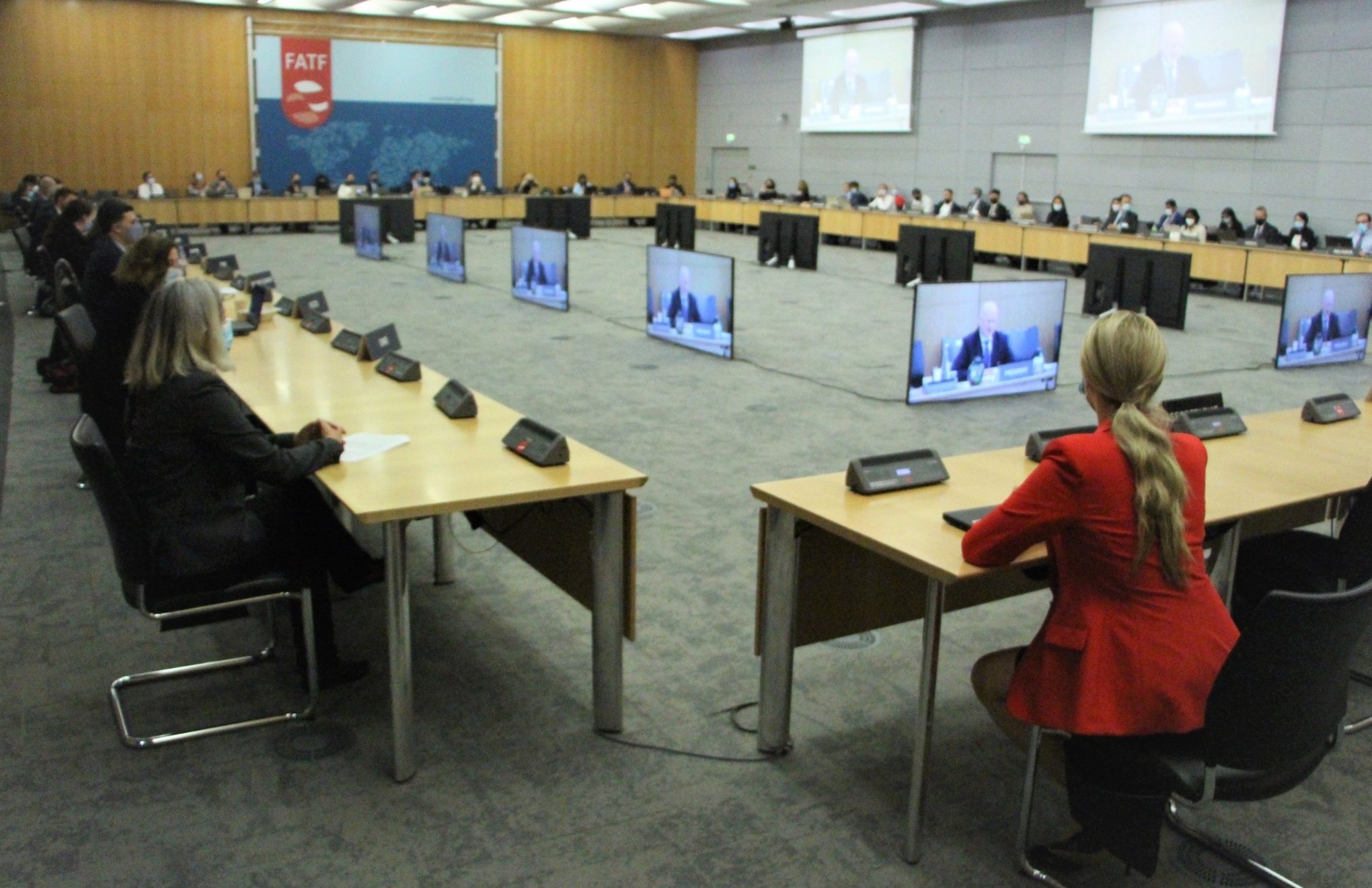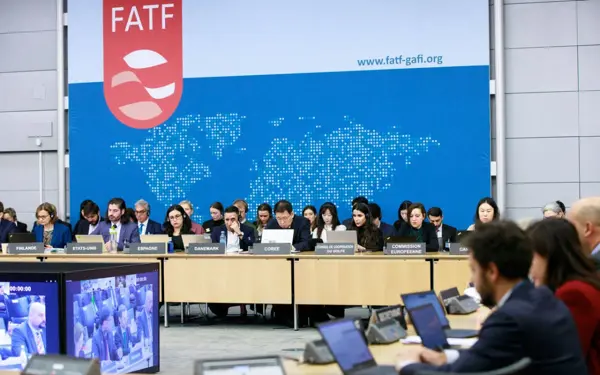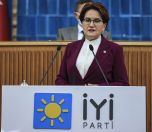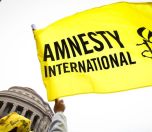* Photo: FATF News Twitter account
Click to read the article in Turkish (1) (2) / Kurdish
Finance watchdog Financial Action Task Force (FATF) has grey listed Turkey over its failure to make sufficient efforts to fight money laundering and terrorist financing, in a decision severely criticized by Turkey's Ministry of Treasury and Finance in a written statement.
FATF Chair Marcus Pleyer has made a statement after 3-day plenary in Paris and announced that Turkey, Jordan and Mali have been greylisted while Botswana and Mauritius have been dropped off the list.
He has also stated that the number of countries under close monitoring has been increased, noting that Pandora Papers include information about money laundering, against which a tight struggle is necessary.
'FATF is aware of rights organizations' concerns'
Noting that Turkey has made a commitment to address the related issues, Pleyer has said that it has to put these commitments into action.
Referring to the Law No. 7262 on the Prevention of the Financing of the Proliferation of Weapons of Mass Destruction, which has been recently introduced in Turkey, the FATF head has indicated that they are aware of the concerns of the human rights organizations.
Indicating that the FATF is aware of concerns over Turkey's treatment of non-profit organizations (NPOs), Pleyer has briefly stated, "Turkey needs to implement a true risk-based approach to NPOs and ensure authorities don't disrupt or discourage legitimate activity".
Turkey needs to address "serious issues of supervision" in its banking and real estate sectors, and with gold and precious stones dealers, FATF Chair Marcus Pleyer has said during the news conference.
"Turkey needs to show it is effectively tackling complex money laundering cases and show it is pursuing terrorist financing prosecutions [...] and prioritizing cases of UN-designated terrorist organizations such as ISIS and al-Qaeda," he has stated further.
Turkey has slammed the FATF over the decision
Turkey's Ministry of Treasury and Finance has released a statement about this recent decision and said that the greylisting of the country on Thursday by the Financial Action Task Force (FATF) was unfair.
"Despite coordination studies, putting our country on the grey list has created a result that is unwarranted," the ministry has said in its statement. "For the period after this, all necessary steps will continue to be taken with FATF and related institutions to ensure that our country would be removed from this unwarranted list within the shortest time," it has added.
Noting that Turkey has been a member of the FATF since 1991, the Ministry has emphasized that "the country has taken the necessary measures in the framework of regulations that are conducted in line with international standards," as reported by the state-run Anadolu Agency (AA).
"Considering the report of FATF, Turkey introduced on December 27, 2020 a law preventing the financing of proliferation of weapons of mass destruction," it has said, adding that "thus, it has made significant improvement in the four issues mentioned in the 2019 FATF Report that focused on financial sanctions, internal auditing and affiliates, and sanctions targeted in the field of the financing of terrorism and weapons of mass destruction."
It has also noted that "Turkey made notable progress in accordance with FATF standards during the pandemic despite quarantine measures and that it had fulfilled its obligations in these regulations."
Turkey was warned in 2019
Turkey was given a warning in December 2019 and, in response to this, it introduced a new law that it said would eliminate the concerns. But this law was criticized by rights organizations, civil society and opposition for targeting NGOs, rather than fighting money laundering.
22 countries in the grey list
With this decision, Turkey will be subjected to increased monitoring, alongside 21 other countries on the grey list: Albania, Barbados, Burkina Faso, Cambodia, Cayman Islands, Haiti, Jamaica, Jordan, Mali, Malta, Morocco, Myanmar, Nicaragua, Pakistan, Panama, Philippines, Senegal, South Sudan, Syria, Turkey, Uganda, Yemen, Zimbabwe.
Possible consequences?
Financial Times newspaper previously reported that the FATF was preparing to greylist Turkey, commenting that it would further undermine its ability to attract foreign investment and capital to Turkey.
This recent decision might also put pressure on the European Union (EU) to have Turkey listed among the countries that are not members of the EU, but might pose a threat to its financial system.
According to a study by the International Monetary Fund (IMF), the greylisted countries have difficulty in attracting foreign investment.
About the FATF
The Financial Action Task Force (FATF) is the global money laundering and terrorist financing watchdog.
The inter-governmental body sets international standards that aim to prevent these illegal activities and the harm they cause to society. As a policy-making body, the FATF works to generate the necessary political will to bring about national legislative and regulatory reforms in these areas.
With more than 200 countries and jurisdictions committed to implementing them, The FATF has developed the FATF Recommendations, or FATF Standards, which ensure a co-ordinated global response to prevent organised crime, corruption and terrorism.
They help authorities go after the money of criminals dealing in illegal drugs, human trafficking and other crimes. The FATF also works to stop funding for weapons of mass destruction.
The FATF reviews money laundering and terrorist financing techniques and strengthens its standards to address new risks, such as the regulation of virtual assets, which have spread as cryptocurrencies gain popularity. The FATF monitors countries to ensure they implement the FATF Standards fully and effectively, and holds countries to account that do not comply.
Turkey became a member of the FATF in 1991. (KÖ/SD)







